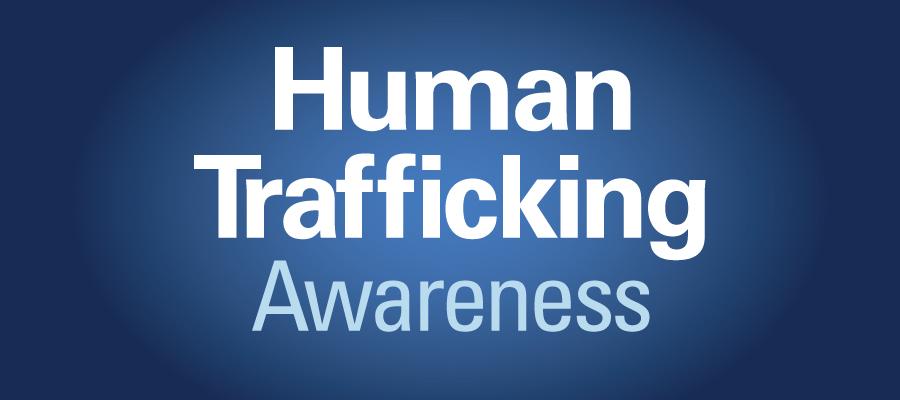Free resources available to help hospitals and health systems prevent human trafficking

The AHA, along with its nearly 5,000 member hospitals, health systems and other health care organizations, are committed to addressing all forms of violence affecting our staff as well as the patients and communities we serve. One aspect of AHA’s Hospitals Against Violence initiative is fighting human trafficking by highlighting leading practices, connecting health leaders with evidence-based interventions and protocols, and enabling greater data insights on human trafficking by successfully advocating with members for new ICD-10 codes related to assisting victims of human trafficking.
The AHA works closely with the National Human Trafficking Training and Technical Assistance Center (NHTTAC), which delivers training and technical assistance to inform and enhance the public health response to human trafficking and is funded through the Department of Health and Human Services. Below, Ashely Garrett, director of NHTTAC, shares why hospitals and health systems are key players in stopping human trafficking and what support exists to strengthen human trafficking interventions. For more, see the related video.
Q: What should health care leaders know about human trafficking?
A: You are already working with this population. They are seeking services. Some are members of your staff. Some are children of your staff or parents of your staff. You're not untouched by it. But the good news is there are plenty of ways to get started. It must begin with the recognition that human trafficking is happening in your community. From there, consider how to effectively respond from a patient lens perspective, from a staff and human resource perspective and from a risk mitigation perceptive. We need to come together as a community, as well as professionals across different sectors, to better inform our responses, to practice evidence-based interventions, and at the end of the day, improve the patient outcomes for our patients, their families and our staff.
How organizations do that varies and NHTTAC is here to help. We provide free resources including training geared specifically for hospitals and health system teams. That help ranges from in-person training to proven, evidence-based interventions that can be easily incorporated into existing protocols to our Soar to Health and Wellness program, a robust on-demand human trafficking training series. We know that one person, one health system can’t do this alone, and we’re here to ensure the field can come together and fight trafficking.
Q: Why is person-centered care important when helping a potential human trafficking victim receive care?
A: When you're experiencing human trafficking, you've lost all control. There's someone else controlling every piece and aspect of your life – where you live, what you wear, how much you sleep or don’t sleep, whether you have contact with family, whether you go to a church. What victims of human trafficking need most is someone to work with them. Someone to help them access the services they need when they are ready for them and where they need them. Patient-centered care puts victims of human trafficking at the center of their response and gives them control of their own care. They know best what they need and what they can handle. They know best what their safety issues are and how to strategize.
Q: How can hospitals address human trafficking in their community?
A: We're at a cusp, I think, in the public health response to human trafficking. I've worked on the trafficking issue and with survivors for almost 20 years, internationally and in the United States. Until a few years ago, any response to human trafficking was dominated by the criminal justice process. Even when we were providing health care or behavioral health services to individual survivors, we were very much focused on short-term interventions. By applying a public health approach and partnering with hospitals to transform the way that clinicians and staff respond and understand the patients that quite honestly, are already being seen, we can decrease the steady flow of human trafficking and transform our communities – including our staff and their families – so that we all live in a safer place.

